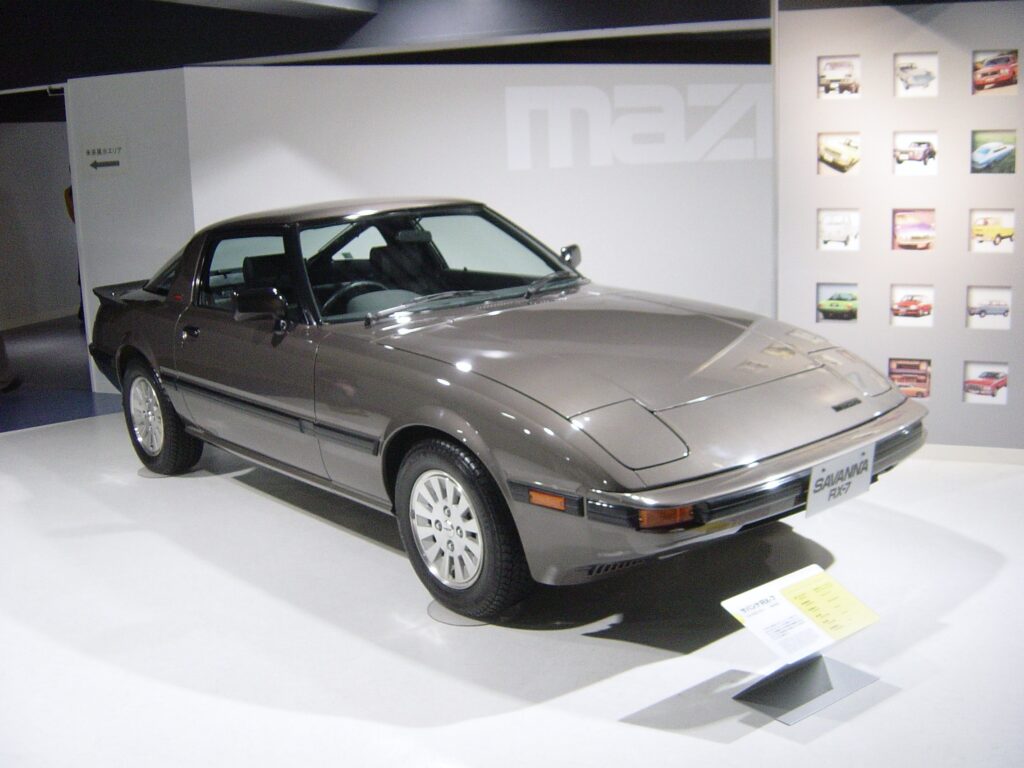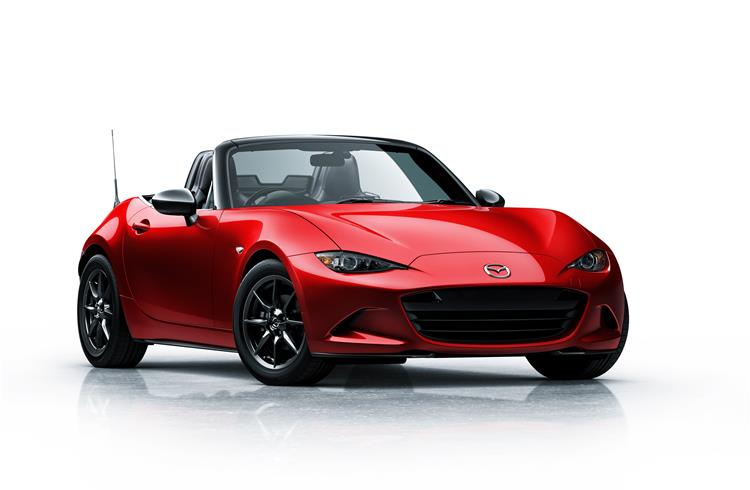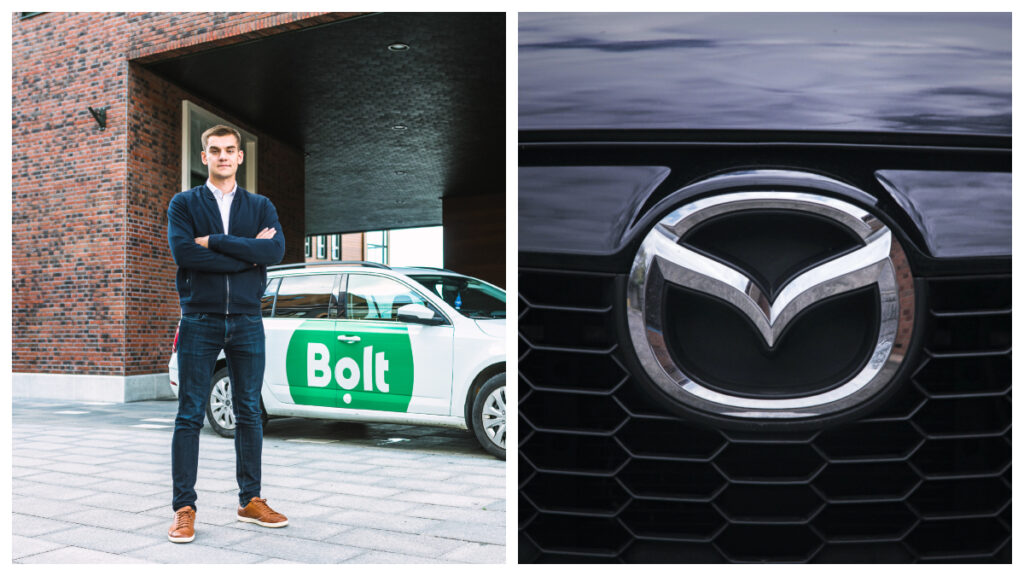Bolt, the Estonian mobility company that offers ride-hailing and car-sharing services, is acquiring the Japanese carmaker Mazda in a US$6 billion cash-and-shares deal; backed by one of Bolt’s shareholders, Mercedes-Benz Group, the merged company will also develop a new electric bio-car that will form a backbone of Bolt’s fleet across the globe by 2030.*
The two companies said in a statement that the deal that values Mazda Motor slightly below its market cap of US$6.11 billion, is a “merger of equals”. Bolt’s market value was US$8.1 billion as of January 2022.
Mazda, founded in 1920, has historically been known for gorgeous and distinct designs and many technological innovations, such as the wankel engine, but has in recent decades struggled to keep up with the larger car companies that have increasingly consolidated or formed syndicates.

The Japanese manufacturer is producing just over 1.6 million cars per year, by which it’s the 17th largest carmaker in the world and facing a stiff competition by up-and-coming Chinese producers. And although the company has conducted research in hydrogen-powered vehicles for several decades, it has struggled to pace up with the electric vehicles’ offering.
A new bio-car
Bolt said they saw “a long-term value” and “synergy” in their acquisition and backed by one of their shareholders, Mercedes-Benz, Mazda will develop a “ground-breaking” new bio vehicle by 2030. “We will transition all our fleet across the world into zero-emission vehicles by 2030. Together with Mazda, we will develop a brand-new electric bio-car to achieve our aims,” the company said, adding that an autonomous, self-driving version of the vehicle is also on the cards.
For Mazda, the concept of a bio-car is not new – in 2008, it used a variety of materials and substances, such as plastic and milk, to introduce a concept car that was based on its Mazda 5 model.

“With our partnership with Bolt, Mazda can focus on achieving greater resilience to environmental changes. Our long-term plan is to achieve a complete carbon neutrality,” Akira Marumoto, the CEO of Mazda, said in a statement.
The companies didn’t reveal whether there are also plans to conduct some of their combined research and development work in Estonia.
Bolt was founded by Markus and Martin Villig in Tallinn in 2013 as a taxi app called Taxify. Over the years, it has expanded to 45 countries and over 400 cities across Europe and Africa. The startup’s earlier investors include the German carmaker Mercedes-Benz Group, the World Bank and the European Investment Bank. Didi Chuxing, a Chinese ride-hailing firm, was among the previous investors of Bolt, but sold its stake in 2021 for €513 million.
* Please note that this article was April Fool’s Day gag.

